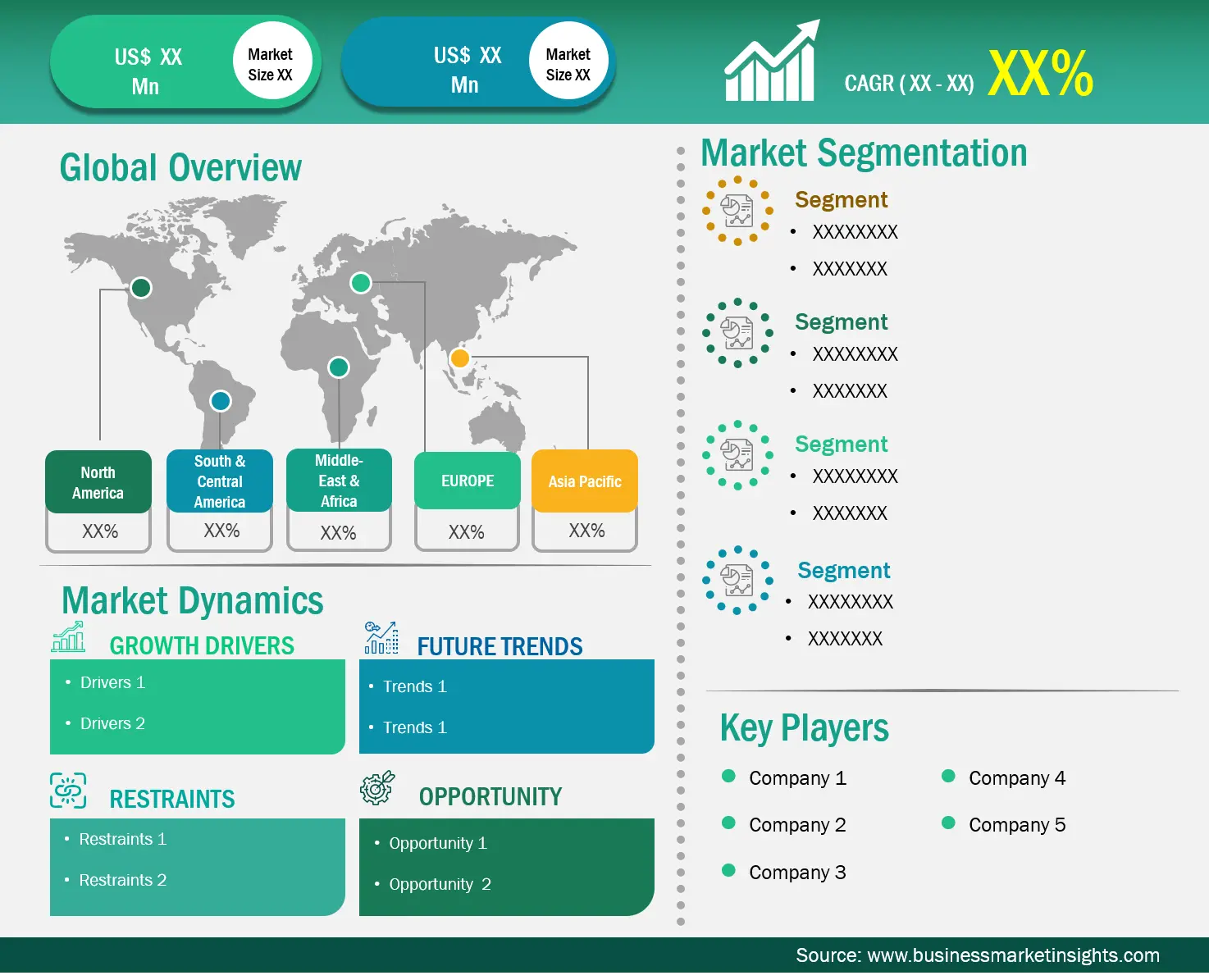The use of high-tech products in refractive surgeries has reinforced the ability to perform traditional corneal transplants to offer patients better visibility outcomes. The shift to the selective replacement of diseased corneal layers has been the most significant advancement in corneal transplantation in the last decade. More such technological advancements are likely to support the development of artificial corneal prosthesis surgery. Penetrating keratoplasty is considered the main procedure despite the high success rates of artificial corneal prosthesis surgery. This is mainly attributed to the introduction of layer-specific corneal surgeries and the development of descemet stripping automated endothelial keratoplasty (DSAEK), descemet membrane endothelial keratoplasty (DMEK), and deep anterior lamellar keratoplasty (DALK), which have led to improvements in the way corneal transplantation procedures are performed. Moreover, these significant advancements have led to cost-effective corneal implantation procedures with improved safety and efficacy. In addition, there is an increasing demand for collagen-based artificial corneas due to their biocompatibility and low cost, which has led to the development of bioengineered artificial corneas. The introduction of high-tech products increases the demand for corneal transplantation procedures, thereby providing significant growth opportunities to market players across APAC.
With the new features and technologies, vendors can attract new customers and expand their footprints in emerging markets. This factor is likely to drive the APAC corneal transplantation market. The APAC corneal transplantation market is expected to grow at a good CAGR during the forecast period.
The APAC corneal transplantation market is segmented on the basis of type, indication, end user, and country. Based on type, the market is segmented into penetrating keratoplasty, descemet membrane endothelial keratoplasty (DMEK), descemet stripping endothelial keratoplasty (DSEK), corneal limbal stem cell transplant, and others. The penetrating keratoplasty segment dominated the APAC corneal transplantation market in 2020, and the descemet membrane endothelial keratoplasty (DMEK) segment is expected to register the highest CAGR during the forecast period. Based on indication, the APAC corneal transplantation market is segmented into fungal corneal ulcer, fuchs dystrophy, keratoconus, keratitis, and others. The Fuchs dystrophy segment dominated the market in 2020, and it is expected to register the highest CAGR during the forecast period. Based on end user, the APAC corneal transplantation market is segmented into hospitals, eye clinics, and ambulatory surgical centers. The hospital segment dominated the market in 2020, and the market for the ambulatory surgical centers segment is expected to grow at the fastest CAGR during the forecast period. Based on country, the APAC corneal transplantation market has been segmented into China, India, Japan, South Korea, Australia, and the Rest of APAC.
Alcon Inc.; Aurolab; Corneat Vision; EYEMEDICS; Florida Lions Eye Bank; and Keramed, Inc. are the leading companies in the APAC corneal transplantation market.

| Report Attribute | Details |
|---|---|
| Market size in 2021 | US$ 69.52 Million |
| Market Size by 2028 | US$ 117.93 Million |
| CAGR (2021 - 2028) | 7.8% |
| Historical Data | 2019-2020 |
| Forecast period | 2022-2028 |
| Segments Covered |
By Type
|
| Regions and Countries Covered |
Asia-Pacific
|
| Market leaders and key company profiles |
|

The Asia Pacific Corneal Transplantation Market is valued at US$ 69.52 Million in 2021, it is projected to reach US$ 117.93 Million by 2028.
As per our report Asia Pacific Corneal Transplantation Market, the market size is valued at US$ 69.52 Million in 2021, projecting it to reach US$ 117.93 Million by 2028. This translates to a CAGR of approximately 7.8% during the forecast period.
The Asia Pacific Corneal Transplantation Market report typically cover these key segments-
The historic period, base year, and forecast period can vary slightly depending on the specific market research report. However, for the Asia Pacific Corneal Transplantation Market report:
The Asia Pacific Corneal Transplantation Market is populated by several key players, each contributing to its growth and innovation. Some of the major players include:
The Asia Pacific Corneal Transplantation Market report is valuable for diverse stakeholders, including:
Essentially, anyone involved in or considering involvement in the Asia Pacific Corneal Transplantation Market value chain can benefit from the information contained in a comprehensive market report.
Please tell us your area of interest
(Market Segments/ Regions and Countries/ Companies)